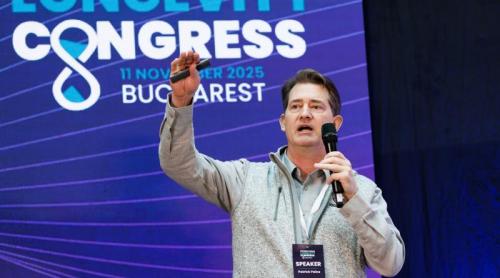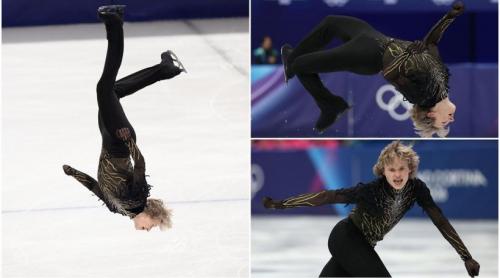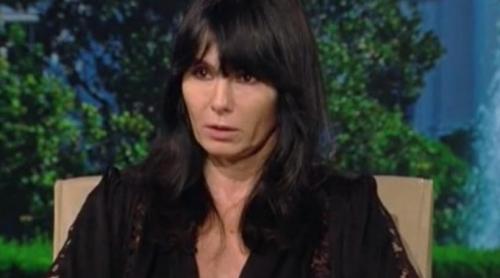
Romanians pay without knowing it 23.5 million euros on old rocket launching systems the Romanian government bought from the Dutch via a secret deal. As a new NATO member state Romania must bring its military equipment in line with the standards of the Alliance, so it had to choose between West European and American rocket systems.
Yet the negotiations took a back stage you wouldnât believe.Jurnalul National presented two years ago its prognosis: that the rocket shield would be American made. A representative of Raytheon Company - one of the four biggest weapons suppliers - stated then that they were "testing the ground." JN said back then that Romania could not afford a Hawk system and had to go for a cheaper version. History so far showed that all weapon transactions in Romania were first buttered with donations of some sort. The Hercules planes were donated by Americans, and then by Italians; the Cheetah anti-aircraft guns were donated by the Germans; also the frigates were at first donated by the British.
In all these instances the military technique was deemed outdated and ready for scrap in the originating countries.
Consequently, all these junk-yard material had to undergo million of dollars worth upgrading at the expense of the Romanian tax-payers.
The good part, if there was a good part in this, was that all these transactions were transparent. But not this was the case with the Hawk rocket launcher bought from the Dutch, which got a handsome sum of over 20 million euros for their junk-yard material.
The Ministry of Defense has a different story, according to its press release, which mentioned that the assessment of the needs for such a system started in 1999-2000, and the acquisition of Hawk PIP III from the Dutch Air Force was approved by the Romanian Executive in 2004.
Then again it will be up to the Romanian tax-payers to pay Raytheon, the original maker of the system, to update the outdated one Romania bought.
However, the details of the financial deal are kept under wraps as the Ministry of Defense deemed them "classified material on national defense grounds." JN was faced with the same wall of silence from the Dutch: the Embassy in Bucharest declined to give information on the components of the systems being bought, the date they were produced, the date they started to be operated by the Dutch army, the procedure used for acquisition, the value of the contract and its terms.
"The Embassy holds no such details," was the answer JN got. Plus the enlightening details that the contract comprised a confidentiality clause which prevented the parties from sharing the details with the public: be it Romanian or Dutch.
But details of that are also kept under raps by the Ministry of Defense "because the negotiations are underway."
DATA
Citește pe Antena3.ro



















